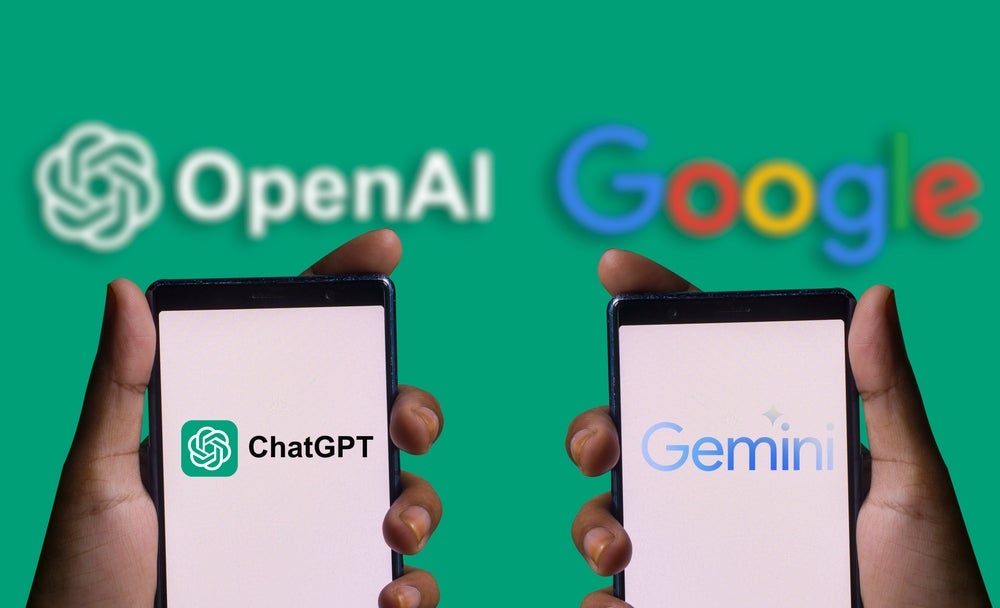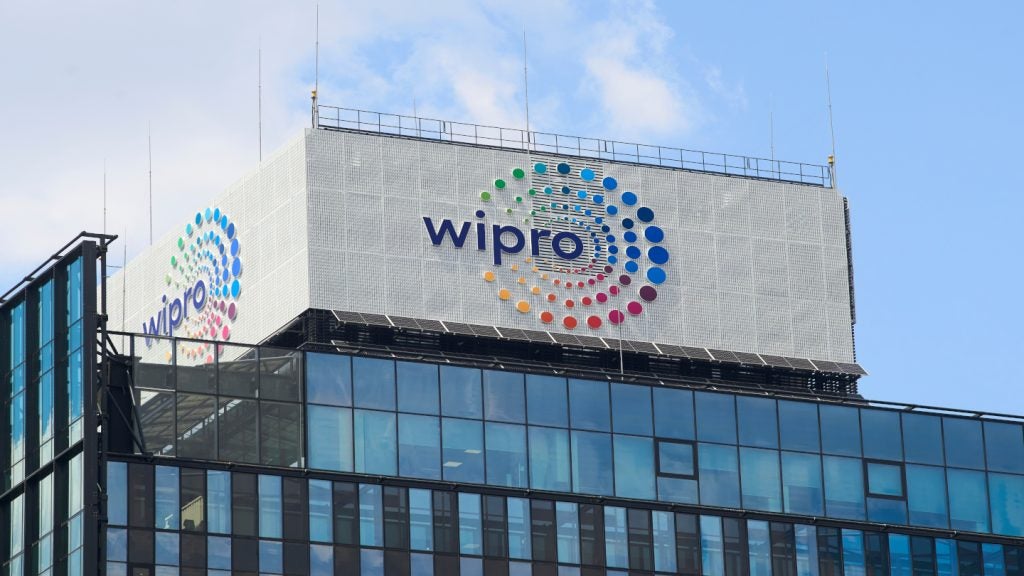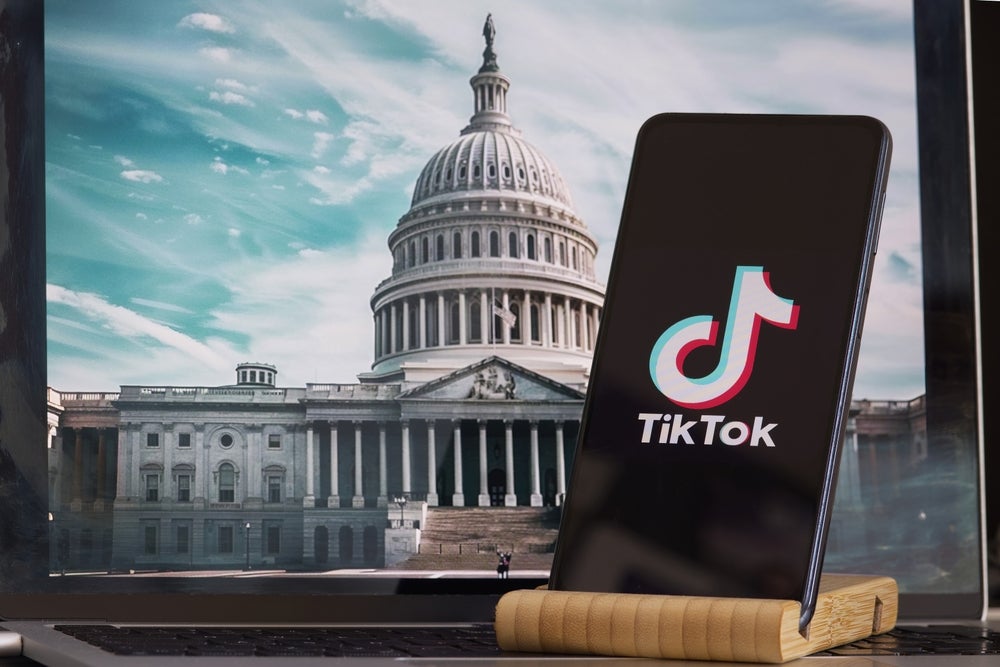Generative AI refers to self-learning algorithms that use existing data—such as text, audio, or images—to produce realistic new content.
It is a rapidly growing trend in the field of AI and GlobalData estimates that the total generative AI market will be worth more than $75.7bn by 2028, with a five-year compound annual growth rate of 94%. Some of the best-known examples of generative AI are OpenAI’s ChatGPT and Google’s Gemini.
However, recent developments in generative AI have highlighted concerns over data privacy due to greater data collection and storage practices.
How generative AI uses data
The development of generative AI models requires large amounts of data, often sourced from various locations across the web, like publicly available text, images, and other media. These datasets can unintentionally or deliberately include personal information, such as photos, email addresses, or even conversations scraped from social media platforms, raising concerns about the use of personal data without consent.
Content creators—such as authors, visual artists, and creative professionals—are also increasingly affected, as their work is often used to train AI models without permission or compensation. This has sparked calls for licensing requirements, however; AI developers argue that such measures could stifle technological development and innovation.
Privacy breaches and legal concerns
Generative AI’s reliance on extensive data raises important legal and ethical concerns, particularly concerning compliance with data protection laws like the EU’s General Data Protection Regulation (GDPR). The GDPR requires organisations to obtain explicit consent to collect and process personal data, and grants individuals the “right to be forgotten.” However, compliance with this proves difficult when data is integrated into large, opaque training datasets.
How well do you really know your competitors?
Access the most comprehensive Company Profiles on the market, powered by GlobalData. Save hours of research. Gain competitive edge.

Thank you!
Your download email will arrive shortly
Not ready to buy yet? Download a free sample
We are confident about the unique quality of our Company Profiles. However, we want you to make the most beneficial decision for your business, so we offer a free sample that you can download by submitting the below form
By GlobalDataThis challenge is demonstrated by real-world legal disputes, such as the UK’s first major court case related to copyright infringement in AI training in January 2023. Getty Images, a leading provider of stock images, sued Stability AI, the creator of the AI image generator Stable Diffusion, for allegedly using copyrighted content without permission.
Such cases stress how generative AI models can inadvertently memorise and reproduce identifiable or proprietary data. A similar issue arose when Samsung faced a privacy breach in April 2023 after employees inputted sensitive corporate data into ChatGPT, inadvertently allowing sensitive information to become part of training data for the AI model.
Strengthening data protection in AI governance
As generative AI becomes increasingly adopted across industries, the need to safeguard data privacy has gained significant attention. The concerns surrounding data privacy have pushed some authorities to take action.
In April 2023, Italy’s data protection authority temporarily banned OpenAI’s ChatGPT to investigate its compliance with the GDPR. In that same month, Canada’s Office of the Privacy Commissioner launched an investigation into OpenAI’s practices. China has also proposed strict regulations for AI models like ChatGPT, including prohibitions on content deemed to “subvert state power” or “undermine national unity.”
Meanwhile, in May 2023, the UK’s competition watchdog initiated a review of the AI market focusing on generative AI models. The integration of sensitive personal data into AI systems poses significant challenges that require proactive regulation and effective governance. Clear, enforceable frameworks will be essential to balance innovation with the protection of personal data.









Related Company Profiles
Google LLC
Getty Images Inc
Samsung SDI Co Ltd